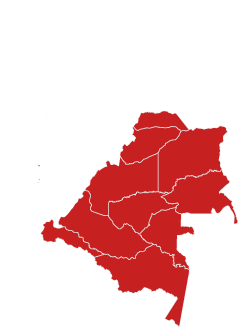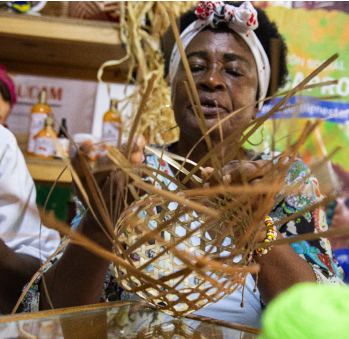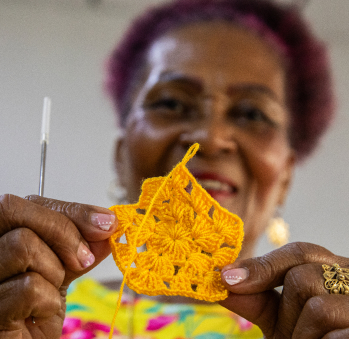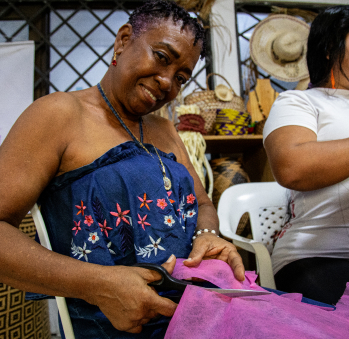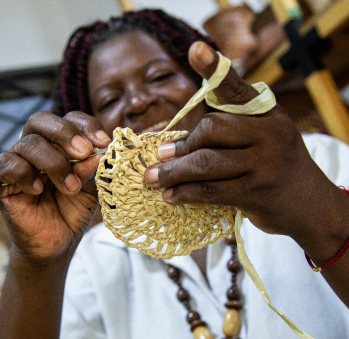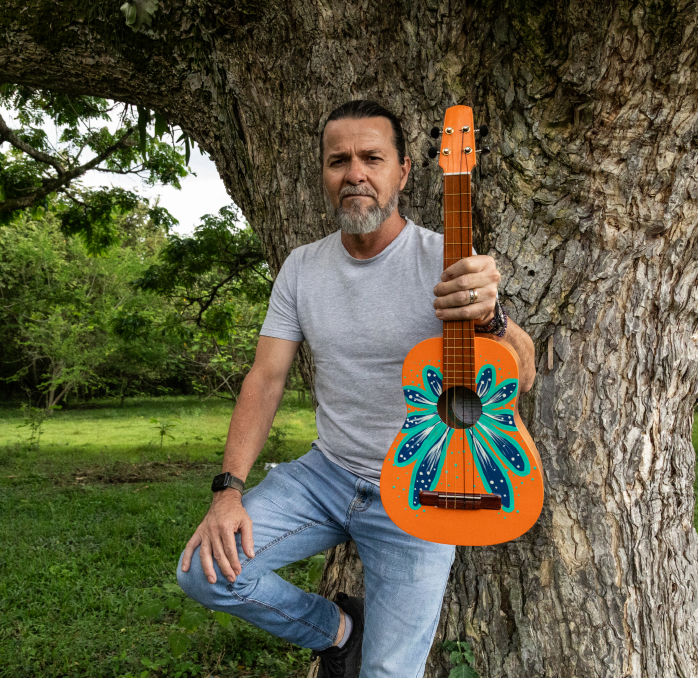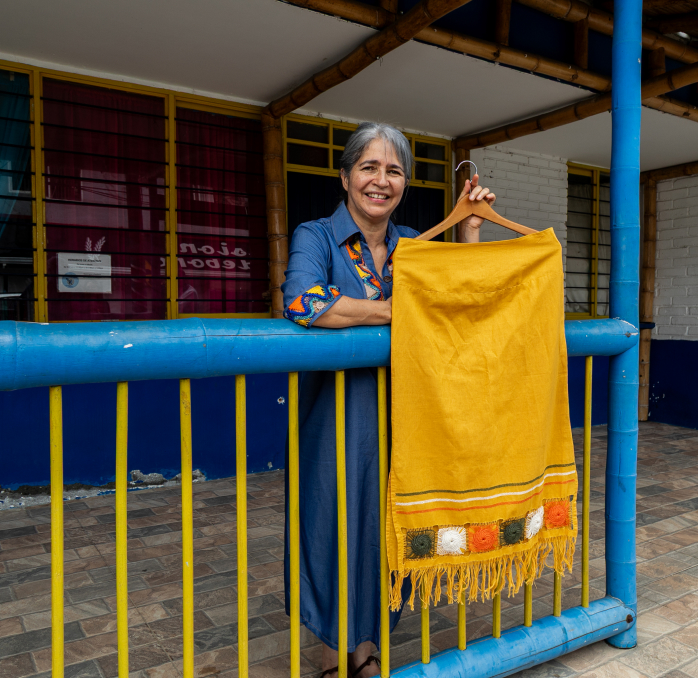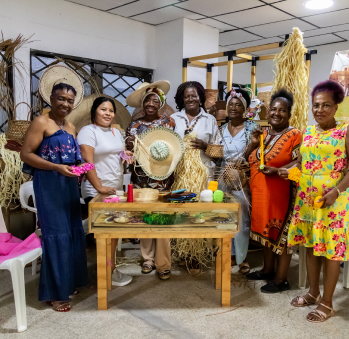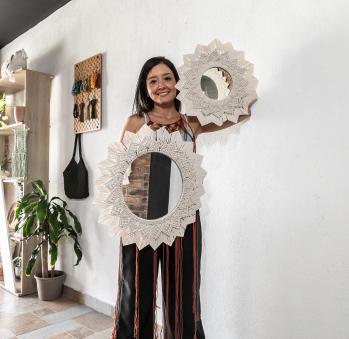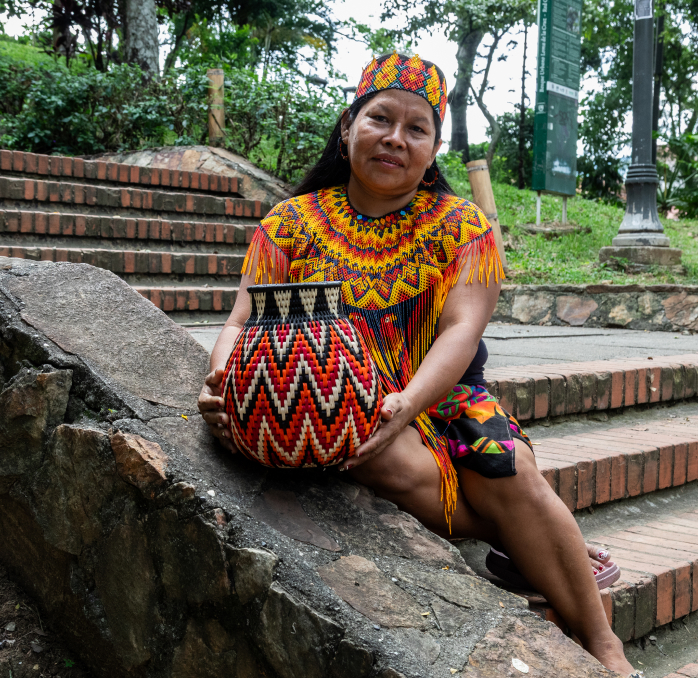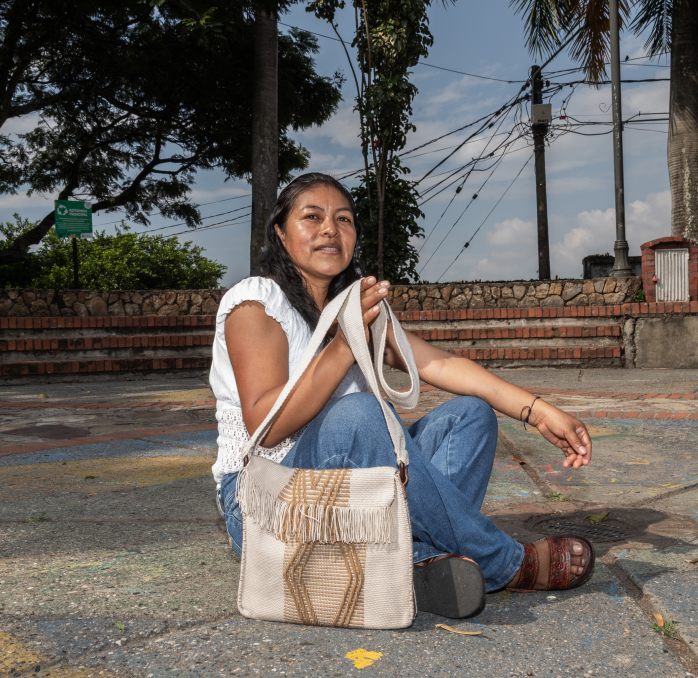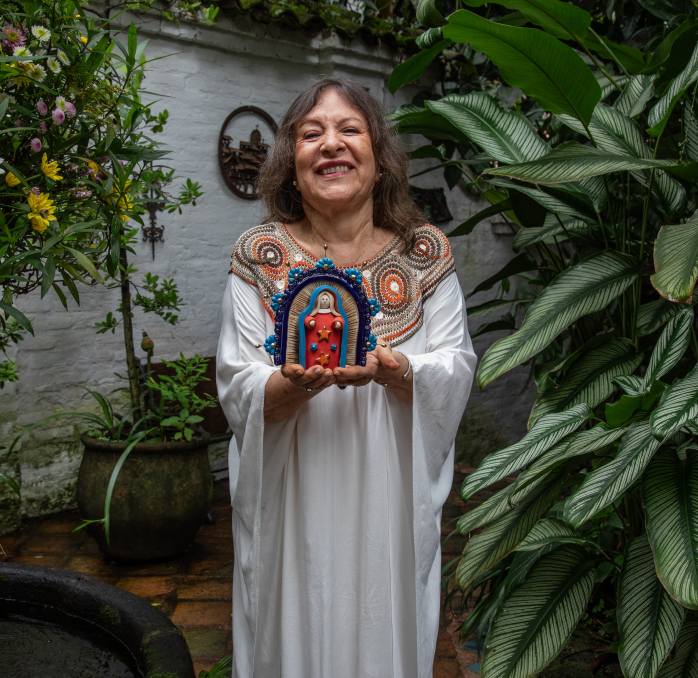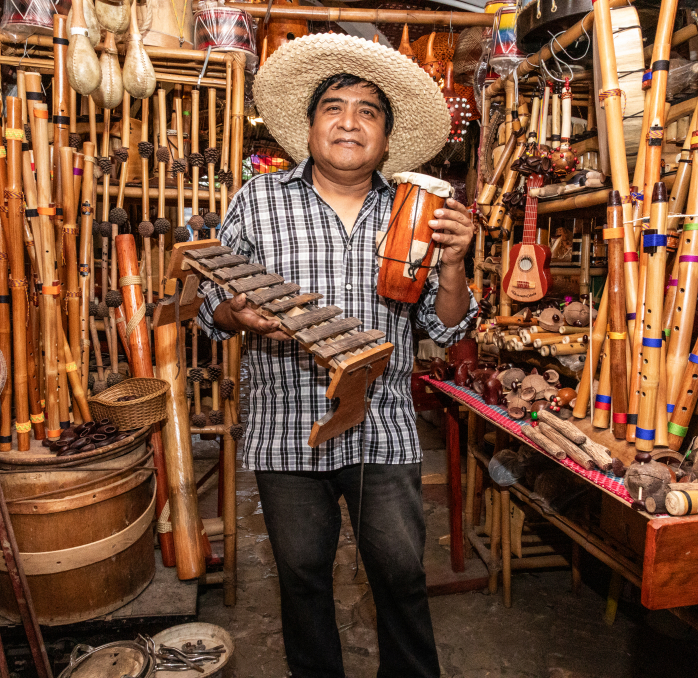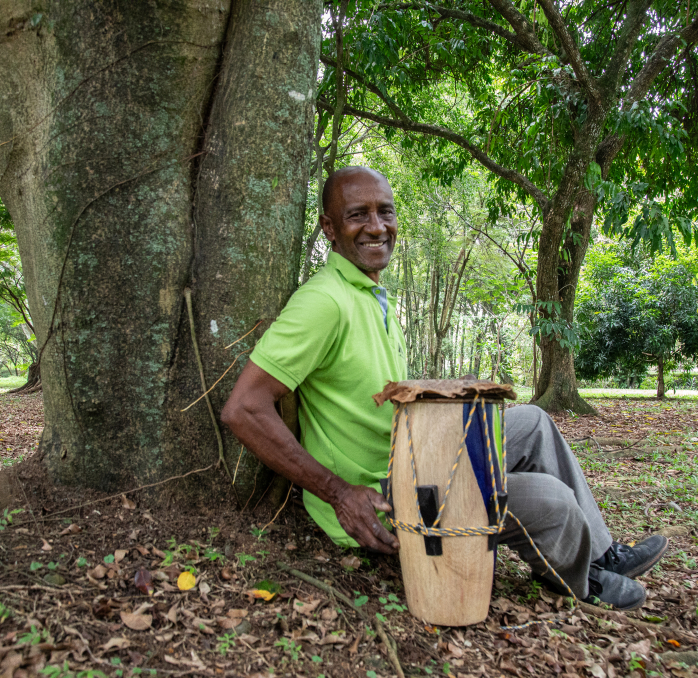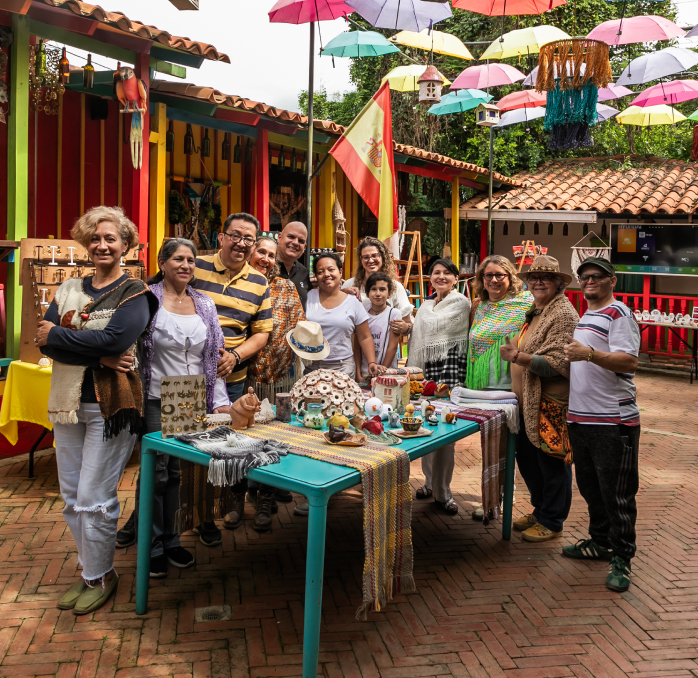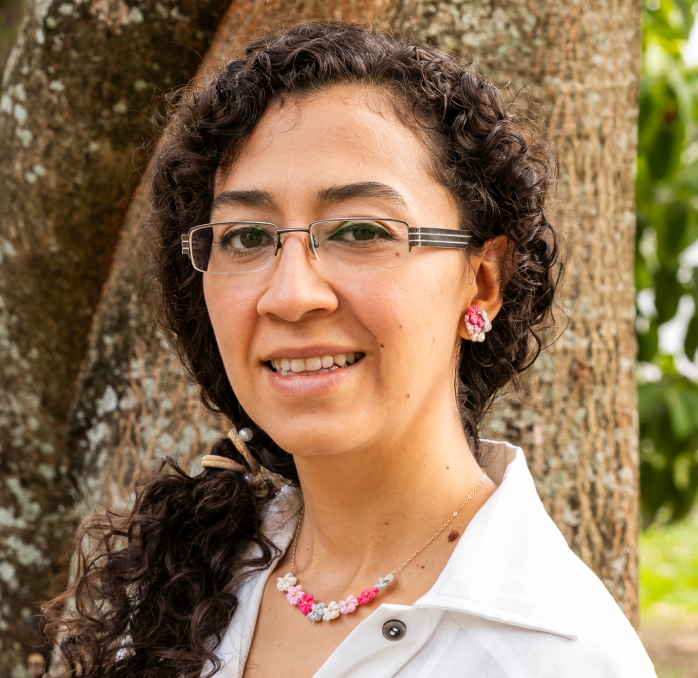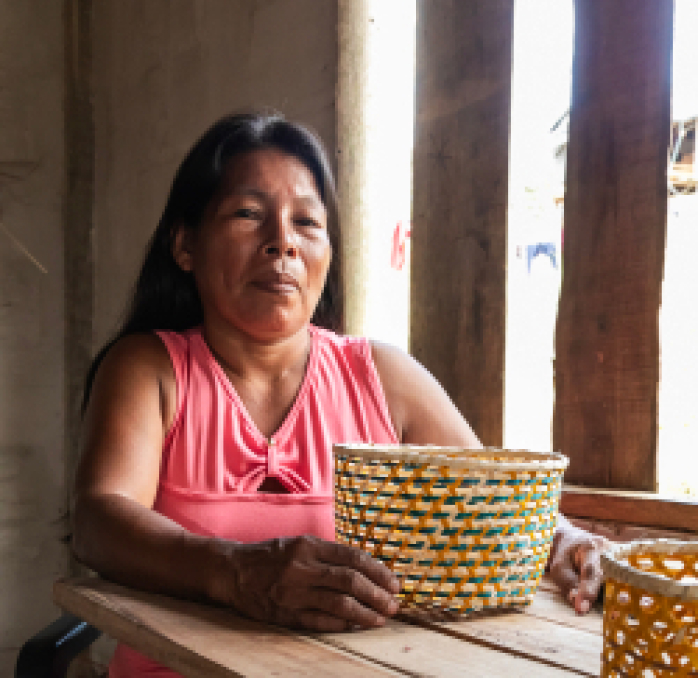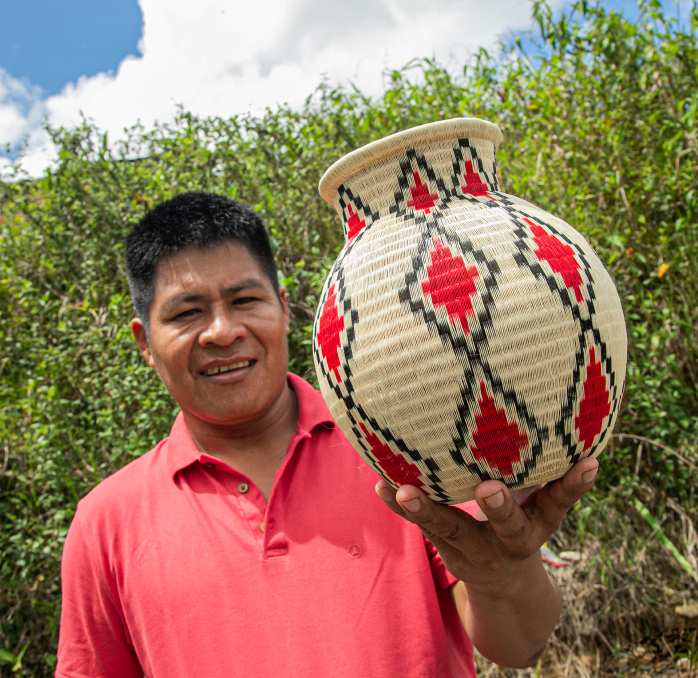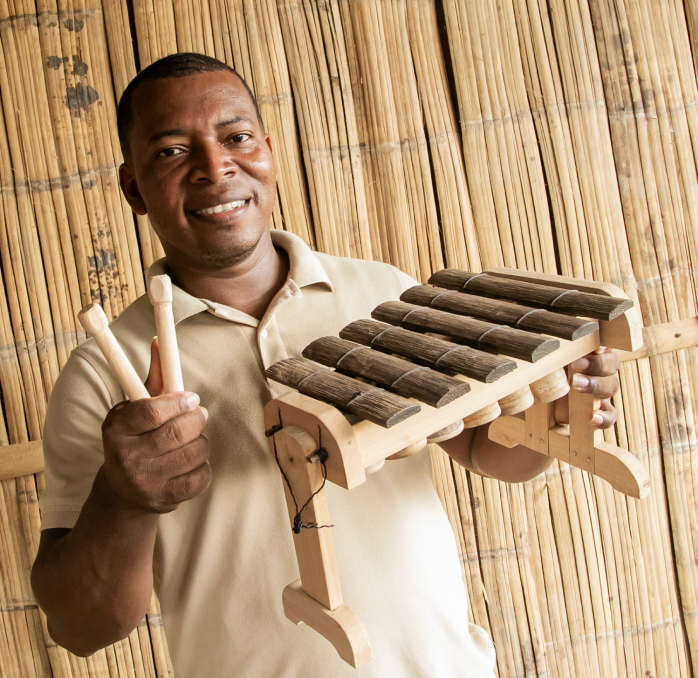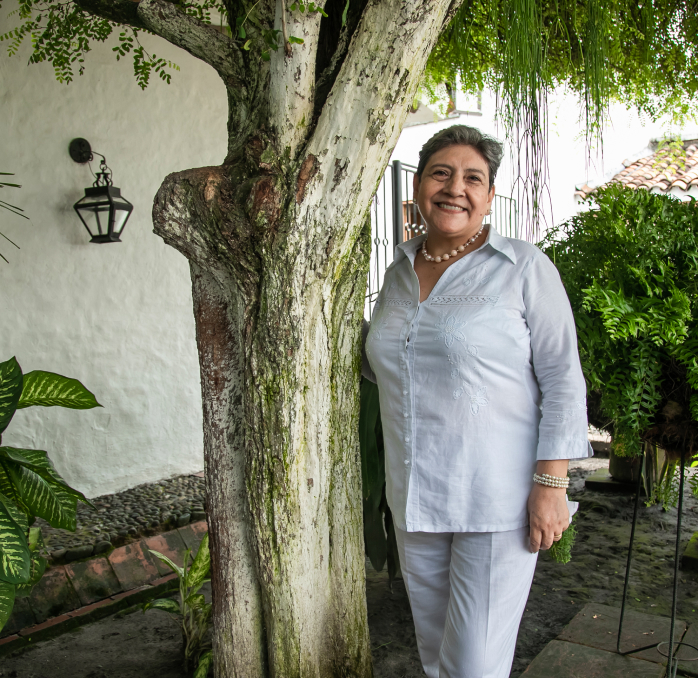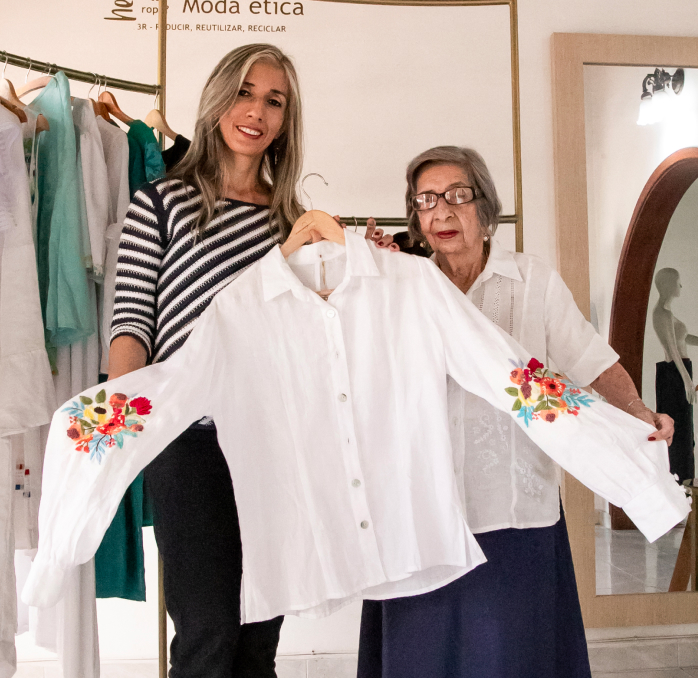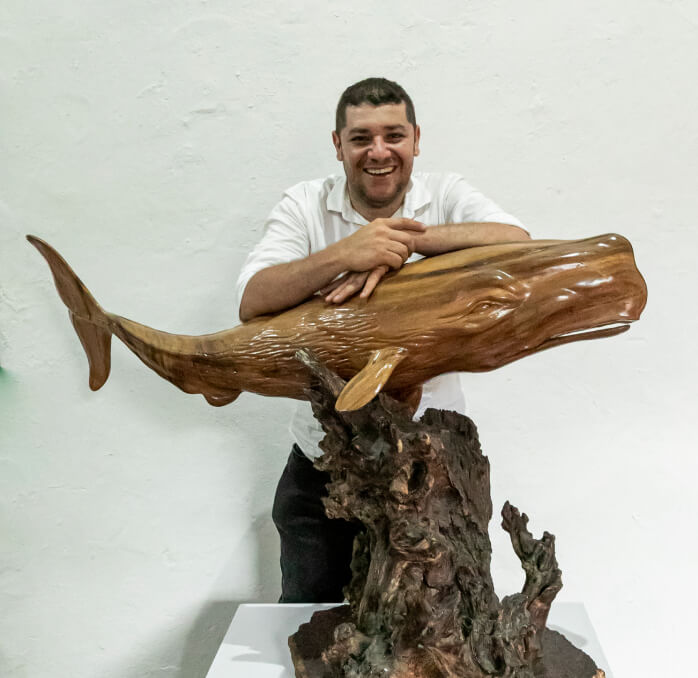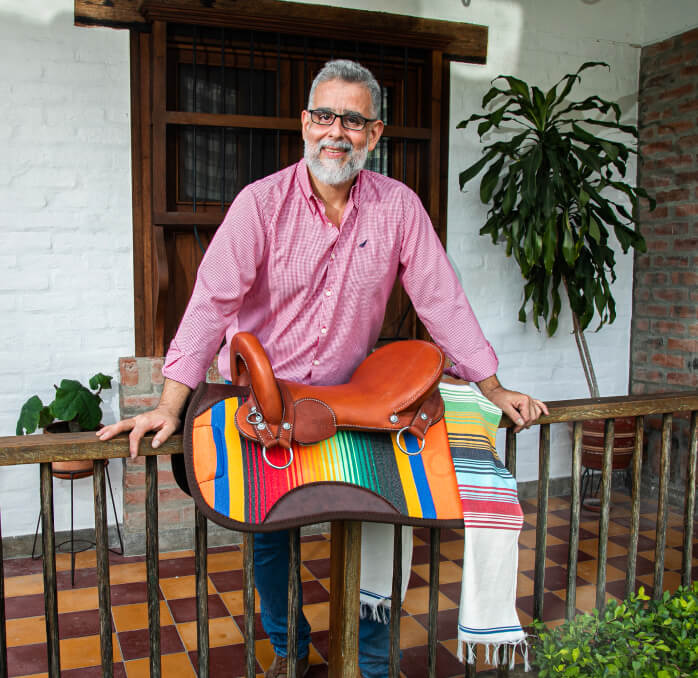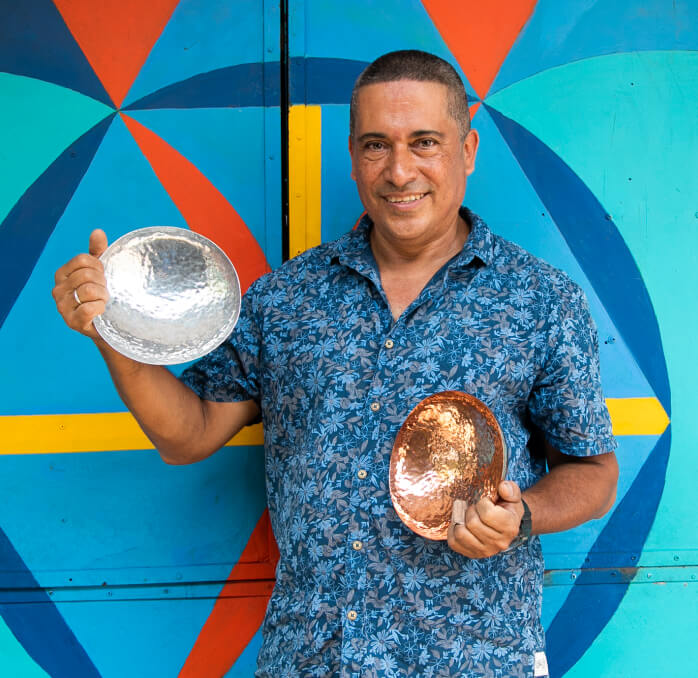Fundaproductividad
Workshop: Fundaproductividad
Craft: Costume jewelry
Trail: Valle del Cauca route
Location: Buenaventura, Valle del Cauca
SCHEDULE YOUR VISIT
Calle 1 #8-12 2dopiso - 200A
3155249152
fundaproductividad@gmail.com
@fundaproductividad
@artesaniadebuenaventura.fundaproduc...
For over twenty-five years, Fundaproductividad has been doing admirable work—standing as a testament to what women’s determination can achieve. It all began with Sandra Garcés, a single mother, pregnant and recently laid off, who realized that by transforming materials, she could transform her own life—and the lives of her friends and neighbors. She had started making small pieces from recycled cardboard and selling them when she taught another woman for the first time: her neighbor, who had been assaulted by her husband and felt she couldn’t leave him because she had no way to support herself or her children. She stayed with him for lack of financial independence—and that’s exactly what Sandra offered: a way out.
Word spread quickly. More women came to learn—and also to teach. Friends who were nurses shared medical knowledge, and those who knew crafts taught their skills. They would meet in Sandra’s home in the San Luis neighborhood, and if someone said she couldn’t come because she had no one to watch her children, they’d say, “Bring them along—there’s cardboard they can cut,” and even gave their children’s program a name: Jesus’ friends. The learners eventually became instructors and began visiting other neighborhoods. The group managed to get the city administration to give them a space in Pueblo Nuevo, where they taught and sold what they made. For many, this became a therapeutic space. Among women, they discovered they could learn something new, find a source of income, and leave behind violent households. And because the mission had always been to offer women in vulnerable situations a new path, it made sense when the group began to speak out against the femicides happening in the city—and later became involved in creating Buenaventura’s public policy for gender equity. They educated themselves on financial management and legal self-defense, especially under Law 1257 of 2008. Against a problem formed by machismo, violence, and economic inequality, they built a solution rooted in sisterhood, determination, and crafts.
Sandra has a degree in sociology, but she prefers to say she’s an artisan—and she always speaks in the plural, including her compañeras. She believes she inherited her call from her grandmother, María Antonia Finisterra, who was like a grandmother to the entire neighborhood and always looked after all the children. And from her mother, Gabriela Finisterra, who was always caring for others. She remembers that even when money was tight, if she needed a school skirt, they’d find a way to make one—and if it was a princess skirt, even better. The same with knitting needles, which they crafted out of bamboo sticks from her brother’s kite. Maybe it was from them that she also inherited the gift of listening. She knows that the first thing someone needs to feel worthy is to be listened to. She constantly seeks the perfect balance between kindness and firmness. And perhaps they were also the ones who instilled in her the principles of equality: knowing that we all have the same rights, starting with the right to life, the same value in our words, and the same potential.
Even though the road hasn’t been easy—and at one point, they had to lower the volume of their protests to stay safe—they invite us to focus on what is possible, on what can be done. To stop talking only about violence and terror, and instead notice the gains, the victories, the positive things—those are the things that can help people move out of violent environments. For example, the 101 spaces they now have at the Bellavista shopping center, right in downtown Buenaventura, where the foundation’s women entrepreneurs—and the few men who’ve joined them—sell everything they make. It’s a diverse group, including Afro-Colombian artisans with their marimbas, ojo-style baskets, and coconut and chonta accessories; as well as Indigenous communities like the Wounaan with their wérregue vessels and the Emberá with their intricate beadwork. The project has grown so much that they now also offer traditional food and drinks in the same shopping center—like viche preparations such as tomaseca, arrechón, and pipilongo—and, of course, delicious cocadas.
Craft
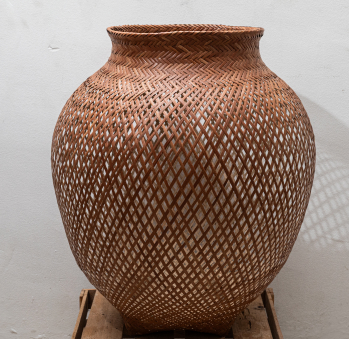
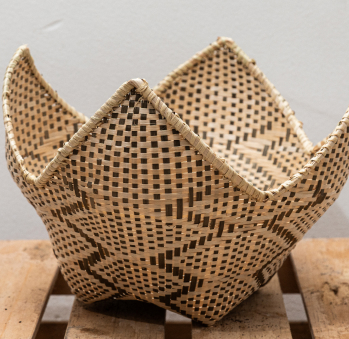
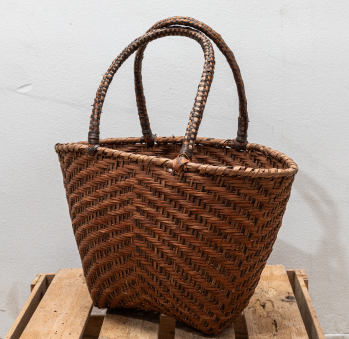
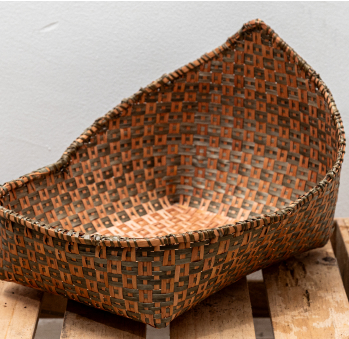
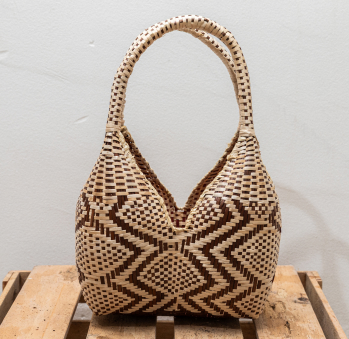
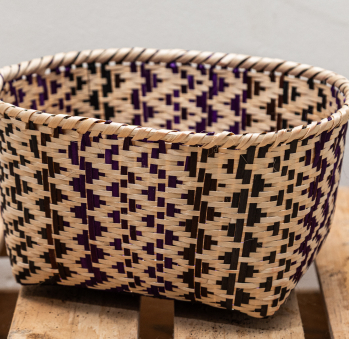
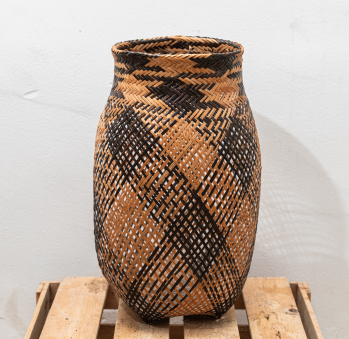
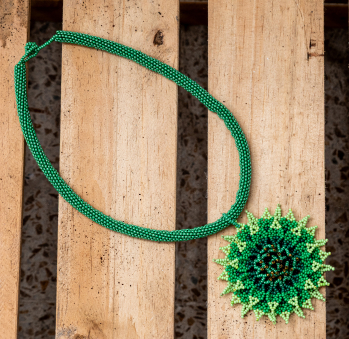
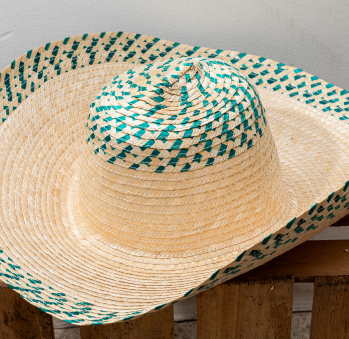









Artisans along the way
Artisans along the way
No puede copiar contenido de esta página

